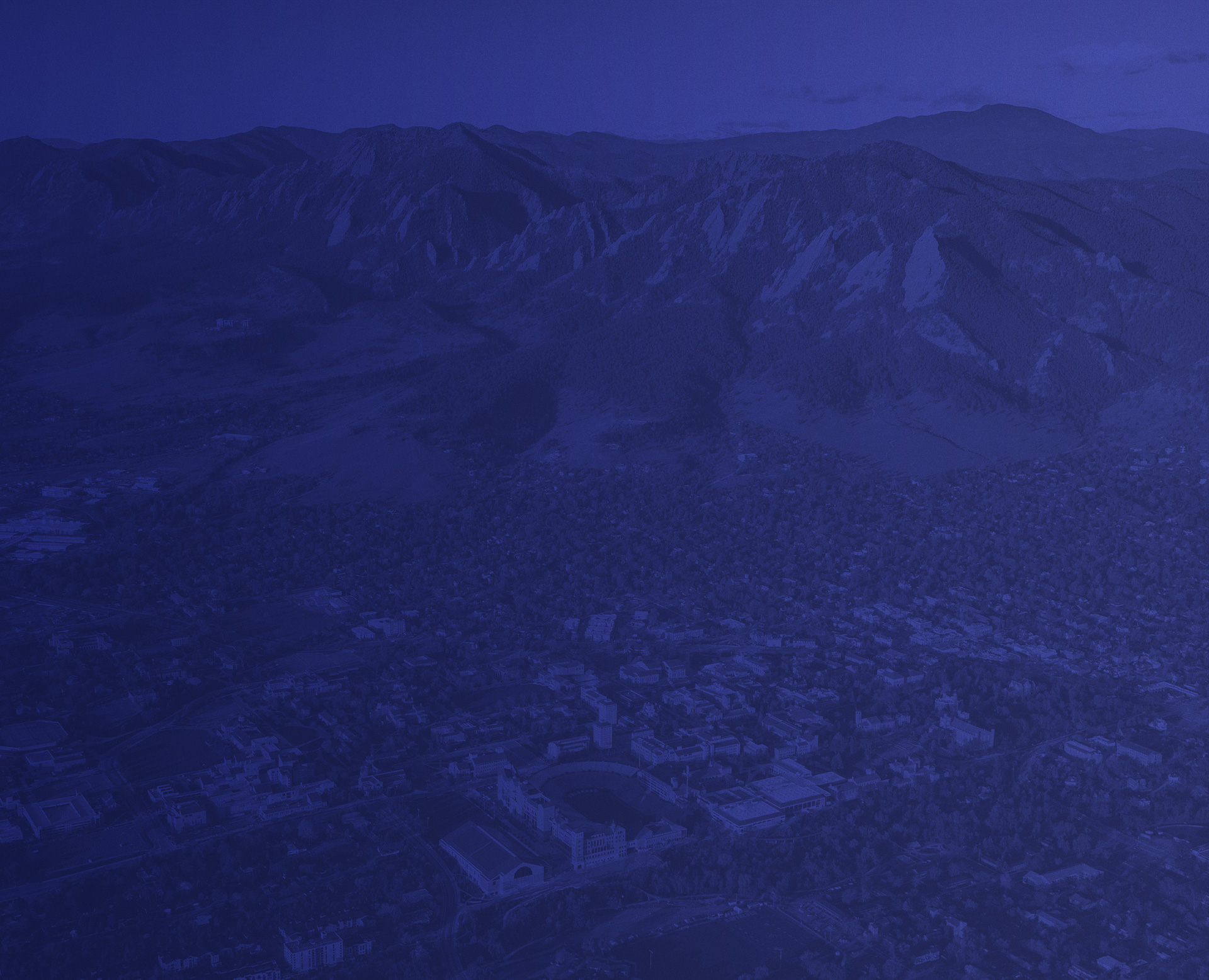When a vehicle accident occurs in Colorado, the negligent driver may be liable for damages. In a dog bite accident, the owner may be liable for damages.
However, when the state, county, or city government causes harm through their negligence (or the negligence of their employees), compensation may be limited by the Colorado Governmental Immunity Act.
If you have questions about a possible claim, contact the personal injury team at Tenge Law Firm today.
What Is the Colorado Governmental Immunity Act?
Under CRS 24-10-109, state and local Colorado governments and their employees have immunity from certain personal injury claims. The Colorado Governmental Immunity Act (CGIA) also provides some exceptions to the general rules.
This is why it is important to seek legal counsel from an experienced Colorado attorney who understands CRS 24-10-109 if you are bringing a personal injury claim against the Colorado government.
Who Is Protected Under CGIA?
The Colorado Governmental Immunity Act protects various government employees and public entities from lawsuits for personal injury, including:
- The State of Colorado,
- Counties in Colorado,
- Municipalities in Colorado,
- Cities in Colorado,
- Employees of the public entity,
- Officers of the public entity,
- Any health care practitioner of the public entity,
- Authorized volunteers of the public entity,
- Servants of the public entity,
- Colorado school districts,
- Special improvement districts, and
- Public colleges and universities.
Protections also broadly cover any other district, agency, instrumentality, or political subdivision of the state.
Waivers of Immunity for Negligence Under CRS 24-10-106
Claims against Colorado government entities and employees are generally barred under the theory of sovereign immunity.
The concept of sovereign immunity is generally justified because unlimited claims against the government would be a financial burden to taxpayers who ultimately absorb the cost.
However, it is understood that in some cases, it is proper that the government be responsible for damages due to negligence. Waiver of immunity occurs for actions arising from the following:
- The operation of a public hospital or correctional facility;
- The operation of a motor vehicle by a public employee while performing duties in the course of employment;
- A dangerous condition of a public highway, street, or road impacting traffic;
- The maintenance and operation of any public water, electrical, gas, sanitation, power, or swimming facility;
- A dangerous condition of any public building;
- The operation and maintenance of a qualified state capital asset that is the subject of a leveraged leasing agreement; or
- A dangerous condition caused by snow and ice accumulation physically interfering with public access to public buildings and businesses.
In these situations, the injured party has the legal right to file a lawsuit against the government entity for failing to address dangerous conditions causing personal injury.
Filing a Claim for Colorado Governmental Immunity Act Exemptions
If your injury occurred due to negligence under any of the aforementioned circumstances, you may be eligible to seek compensation.
It is important to note that the statute of limitations under CRS 24-10 is much shorter than for other personal injuries.
Most personal injury cases allow two years from the date of the incident for the victim to file a claim. The CGIA only allows 182 days.
Notice Requirements for Claims Against Colorado Government
Written notice is required before an injured party can file a claim against a Colorado government agency or employee. You need to submit the notice within 182 days of the accident or discovery of the injury.
The written notice will include:
- Name and address of the injured party and their attorney;
- A statement about the facts of the claim including details such as date, time, place, circumstances of the negligent act or omission;
- The name and address of public employees involved;
- A statement regarding the nature and extent of the injuries suffered; and
- The amount of monetary compensation being requested.
The state has 90 days to file a response to the notice. If the claim is denied or no response is received, the injured individual may file a lawsuit.
How Can a Colorado Attorney Help with Your CGIA Case?
Tenge Law Firm has been representing Colorado personal injury clients for nearly three decades. Our attorneys understand the Colorado legal system including proper timing, notifications, filings, and all the ways that the government tries to restrict negligence claims rather than compensate you for your injuries.
You deserve to know your options. You don’t have long to file Colorado Governmental Immunity Act cases before the opportunity expires.
Call us at (303) 219-7377 to schedule your free case consultation, or use our convenient online contact form to learn more about our track record of success.




